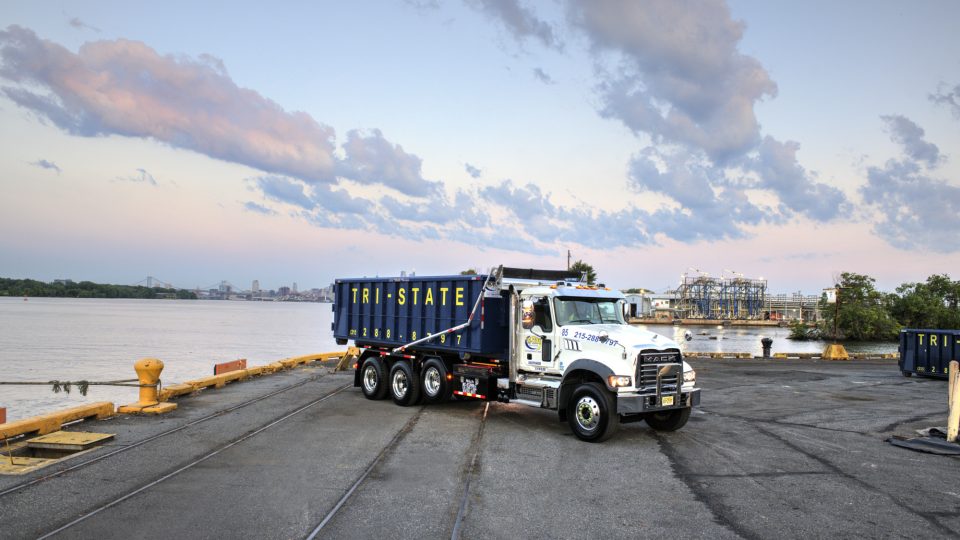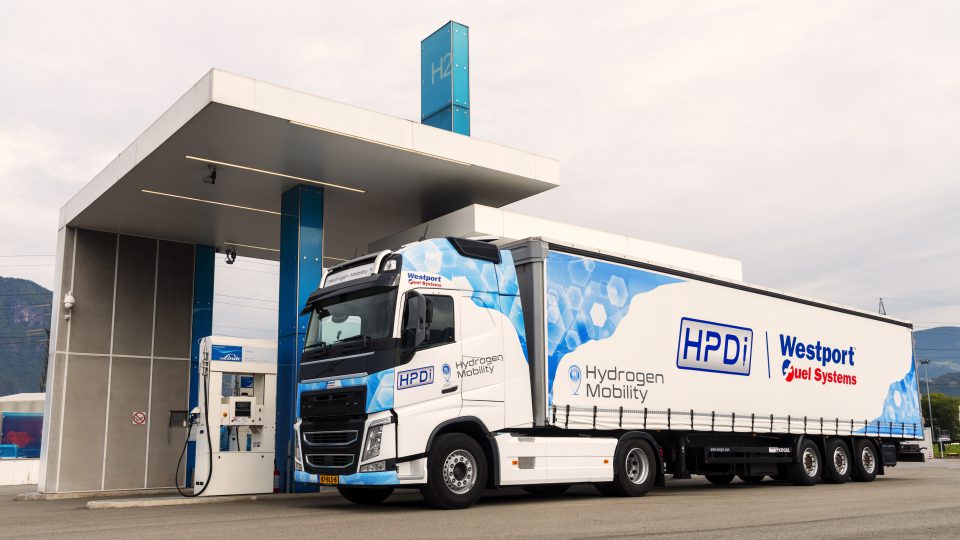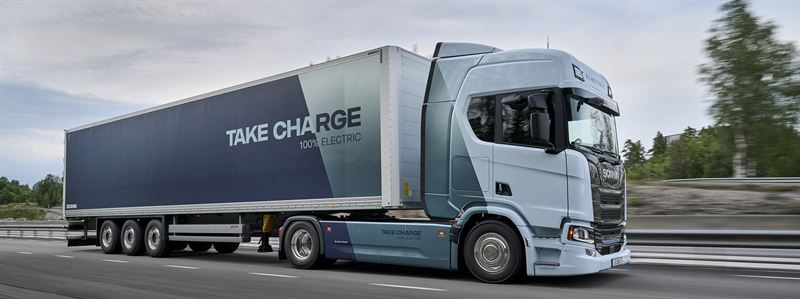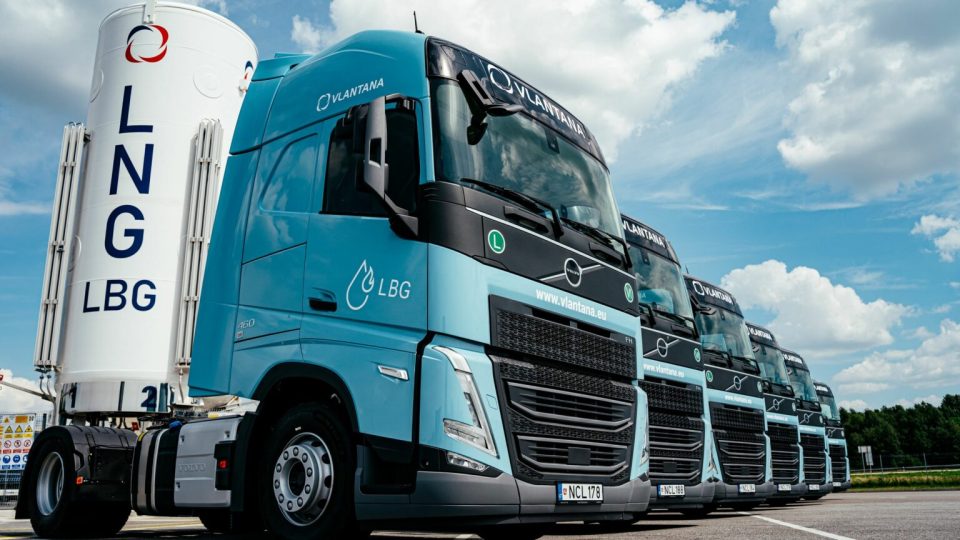Germany, DHL to buy 178 IVECO S-Way CNG for hub-to-hub service and short-haul deliveries
DHL choses CNG to reduce its carbon footprint and places an order for 161 cab trucks with a range of up to 670 km and an additional 17 trucks with a swap body, 13-liter engine and 460 hp, and a range approaching 1,000 km.
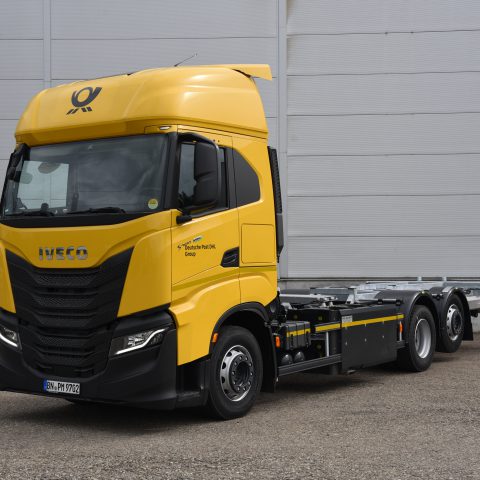
DHL Germany has purchased 178 IVECO S-Way CNG trucks for its mail and parcel division, expanding its fleet, which now has more than 450 vehicles powered by compressed natural gas. Set up for use with biomethane, the new trucks will enable a significant reduction in emissions generated by DHL’s transport activities in Germany.
IVECO S-Way CNG trucks addressed to DHL Germany
Talking about the trucks ordered by the global delivery company, 161 IVECO S-Way CNG will be delivered as CNG cab versions AD190S34/P and will be used for short distance and daily routes. The vehicles feature a standard 4×2 chassis with a GVW of 19 tons, a standard Active Day cab with a low roof, and a 9-liter CNG engine capable of delivering 340 hp and complying with Euro VI emissions standard. Four gas tanks with a gravimetric filling volume of 80 kg per side are installed on both sides. With a total of 160 kg of CNG, the trucks offer a range of up to 670 km.
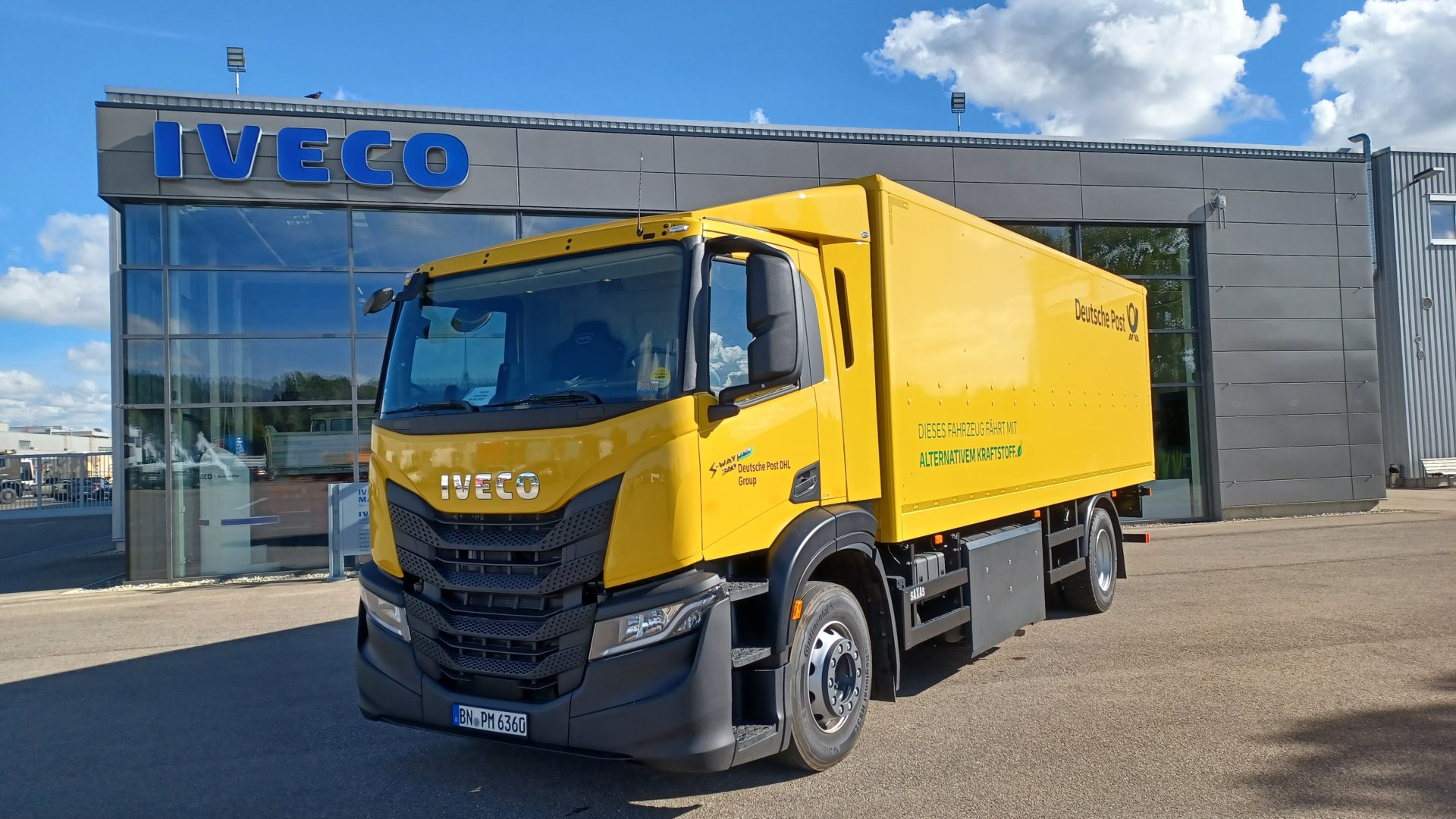
The other 17 IVECO S-Way CNG trucks are equipped with the AS260S46Y/FS CM CNG moving body chassis and will be used for transportation between hubs. These vehicles feature a standard 6×2 chassis with steerable axle, the spacious Active Space cab, and a 13-liter CNG engine capable of delivering 460 hp and complying with Euro VI emissions standard. In this case, the vehicles’ range is close to 1,000 km.










